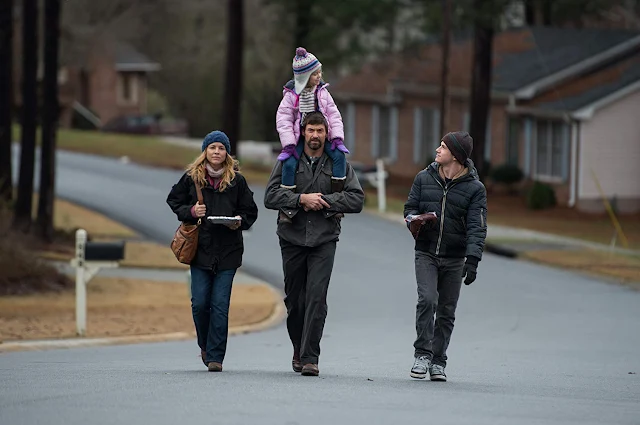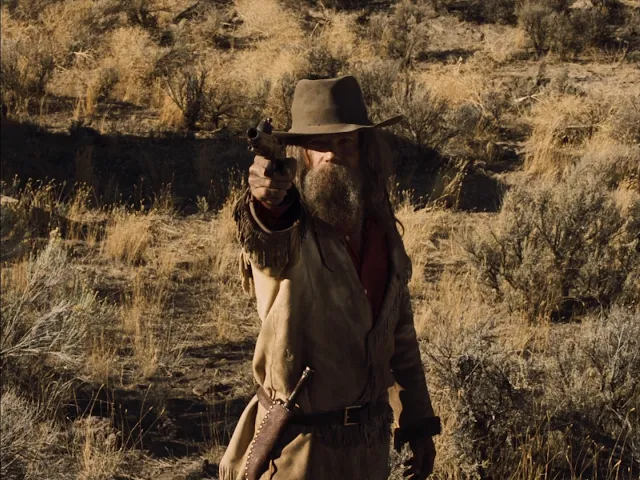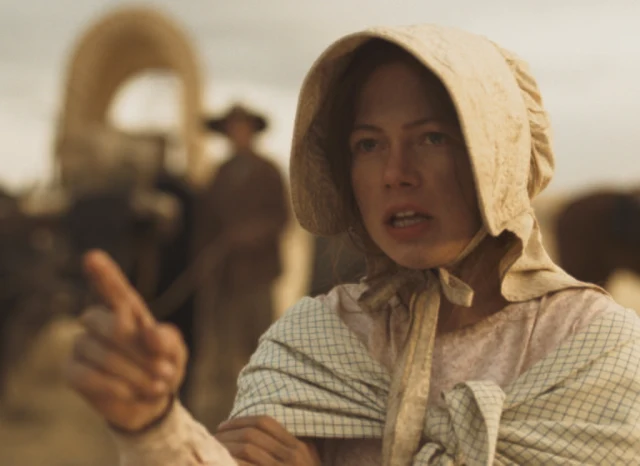 |
| Ahn Seo-hyn in Okja |
In comparison with the other films by Bong Joon-ho I've seen, Parasite (2019) and Snowpiercer (2013), Okja seems to me a bit of a misfire, like a kids' movie gone dark, Charlotte's Web crossed with The Shape of Water. It often feels over-frantic, when what I want it to do is score its points against corporate hype and hypocrisy cleanly and without shouting them at us. The film centers on the Mirando Corporation's attempt to develop and market a "superpig," which involves creating animals in a lab and then farming the superpiglets out around the world, seeing which environment is most successful. The winner is judged to be the superpig -- which looks like a cross between a pig, a dog, and a hippopotamus -- raised by Mija (Ahn Seo-yeun) and her grandfather (Byun Hee-bong) on their small farm in the mountains of South Korea. The kids' movie part of the film is the affection of the girl for her pig, but of course things go awry when the corporation, headed by the air-headed Lucy Mirando (Tilda Swinton), decides to declare Okja the best of all superpigs -- followed, of course, by introducing all manner of superpig food products, something that Mija never suspects. Lucy's henchmen include Johnny Wilcox, a star of TV animal programs, played a little too frantically against type by Jake Gyllenhaal, and the suave corporado Frank Dawson, in a more understatedly sinister performance by Giancarlo Esposito. Things go awry when an animal-rights organization, a caricature of PETA (which often seems to caricature itself), staffed by enthusiasts who give themselves pseudonyms like Jay (Paul Dano) and K. (Steven Yeun), take Okja's side and plot to expose the mistreatment of the superpigs in Mirando's terrifying abattoir. There's also a subplot about Lucy and her supposedly more evil sister, Nancy, also played by Swinton, but it feels unnecessary. There is some fun to be had in the film, with its elaborate chase scenes, but I found myself a little exhausted by its end.






















































